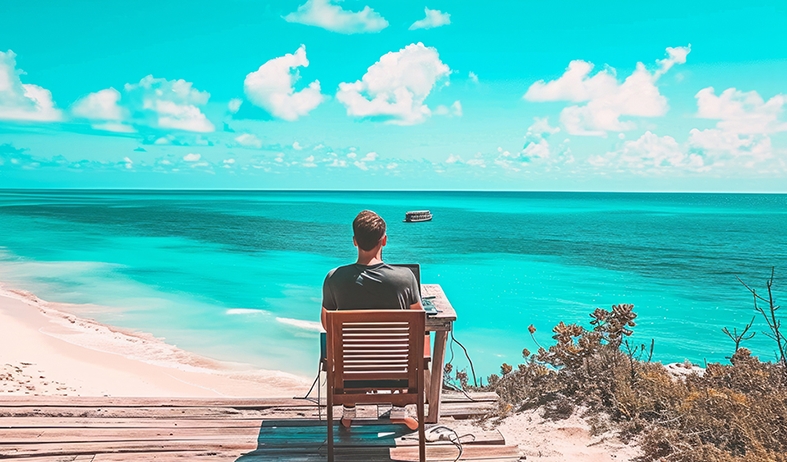The Predicaments of Raising Tourism Taxes – StMaartenNews.com – News Views Reviews
 14 October 2024
14 October 2024


Whereas the St. Maarten Hospitality & Trade Association (SHTA) supports some important steps made recently by the government of St. Maarten, it has serious concerns about a possible “tourism tax” being discussed. Its concerns especially pertain to unintended effects of such.
In an editorial of the Daily Herald of September 10th, 2024, the following was stated: “Caretaker Finance Minister Marinka Gumbs recently confirmed that a so-called ‘tourist tax’ proposed by the former government is still on the table.”
It is important to note that the St. Maarten Hospitality and Trade Association (SHTA) has consistently communicated to various members of government that stakeholders are emphatically opposed to the imposition of this “tourist tax.”
Regional research by the Caribbean Hotel & Tourism Association provided to the previous government has shown the detrimental effects of these taxes. Tourists are deterred by higher taxation, as small as the rises might be.
That adds to current underspending, making the combination perilous. When one compares three destinations of the same size when measured in room count St. Maarten, Curacao and the USVI, their tourism budgets compare as 3, 18 and 35 million US$ per year. Without investing in the future of its main source of income first, any raise will only infer further difficulty of attracting tourists.
Easy alternatives can prevent exactly that, and provide way more revenue for government. Before considering or implementing any such tax, SHTA has urged the government to focus on enforcing and collecting the existing accommodation tax from the vacation rental business conducted by many individual property owners. Regulating these often-foreign owned properties does not just add to government coffers, it also regulates the rental prices on the island as more and more properties are being offered for vacation rentals instead of affordable long-term housing for residents.
SHTA believes that the government should prioritize a holistic approach to tax reform, rather than making adjustments to individual line items without fully understanding the potential consequences of those changes.
To this end, SHTA has endorsed a measuring system to guide policy in this complex market. Multiple reliable sources show the independent vacation rental industry has a larger inventory of rooms than the island’s hotel and timeshare sectors combined. Ensuring that vacation rental properties are properly licensed and pay the occupancy tax—an obligation they should already be fulfilling—must be the government’s priority before imposing any new taxes on tourists and deterring tourists in an already fragile competitive position.
###
ADVERTISEMENT
Related News

La grève chez Boeing illustre le défi de «réinitialiser» les relations avec ses ouvriers

Pour Barnier, l'heure de la première confrontation avec les députés

Le roi des Belges Philippe et son épouse Mathilde entament une visite d'Etat en France

